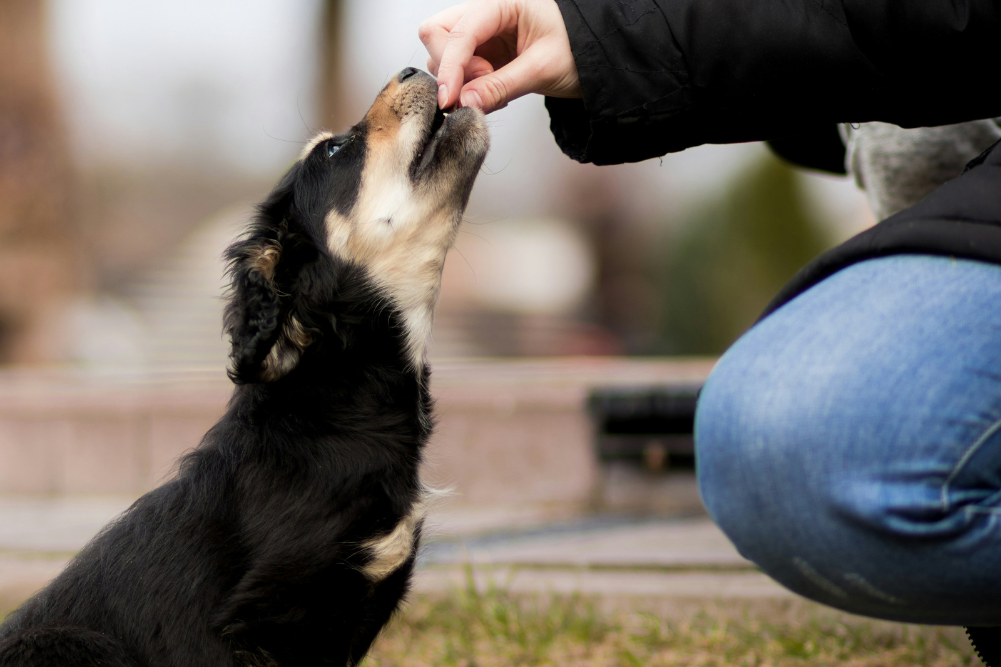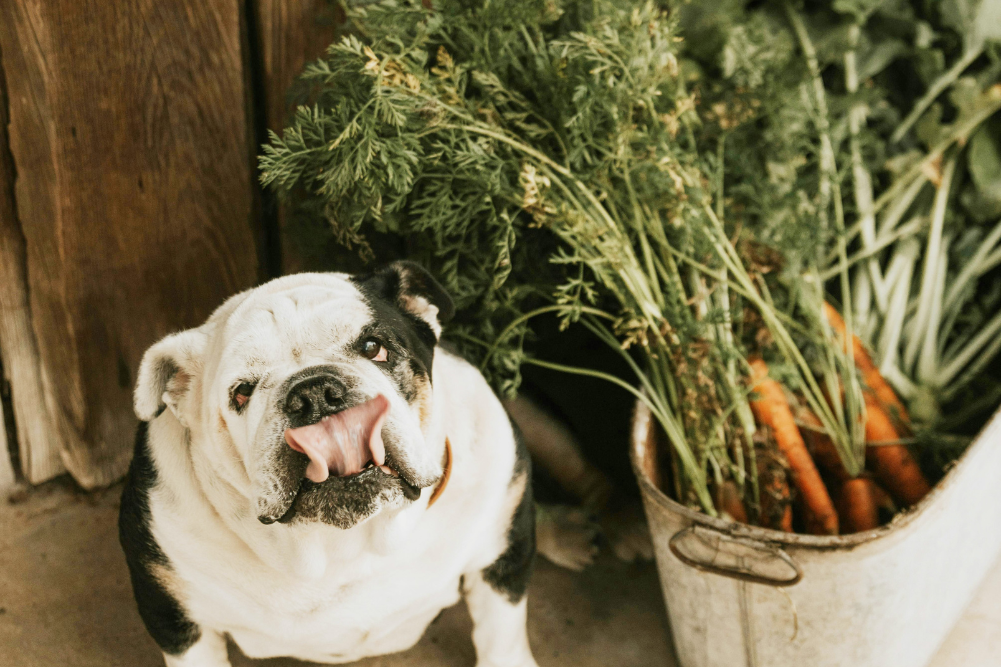Tips for giving herbs to cats and dogs
Herbs for cats and dogs can support health, but dosing is tricky—discover simple vet-approved tips to make supplements easier.
One common challenge in integrative veterinary medicine is administering multiple herbs, supplements and medications to pets. Unlike food-motivated Labradors, many pets are sensitive to changes in their meals, and animals instinctively avoid strong smells and tastes. As a result, refusal to take herbs and supplements is the most frequent “side effect” reported by frustrated pet carers. Below are some practical tips to make dosing easier.
Start slow
Introduce one new supplement at a time, increasing the dose gradually over a few days. Many herbs and supplements come in powdered or liquid form, allowing for an easy, step-by-step increase. This method also helps monitor for potential side effects such as vomiting, reduced appetite or soft stools.
The “stealth” approach for cats
When introducing herbs to cats, start with just a tiny pinch or a drop, gradually increasing the dose over time. Unlike medications, herbs work gradually and are often used for chronic conditions. Taking a month to reach the full dose is perfectly fine. Even small amounts can be beneficial. The goal is for your cat not to notice the herbs in the food. This approach has worked well for my own senior cats, who now willingly consume several herbs and supplements for chronic kidney disease.
Mixing herbs into food
For many dogs and some cats, herbs and supplements can be mixed into their meals. Avoid doing this with pets with a poor appetite, as it may cause them to refuse their food altogether. For reluctant pets, consider mixing the herbs into highly palatable foods such as:
- Chicken-flavoured baby food (no onion)
- Canned cat food (if it’s a special treat)
- Cream cheese
- A small amount of anchovy paste
- Low-fat yoghurt
- Ground liver
- Mashed butternut pumpkin with grated cheese
For dogs, you can also make a “treat ball” using raw or cooked minced meat and mashed sweet potato. Prepare two, one plain and one medicated, giving the plain treat first, followed by the one containing the herbs.
Using powdered herbs
Powdered herbs can be mixed into small “pills” using butter or yoghurt, then frozen to make them firmer and easier to handle.
Alternatively, you can dissolve powdered or liquid herbs in a flavoured liquid and administer them with a syringe. Suitable options include:
- Homemade, unsalted, low-fat meat or chicken broth, or bone broth
- Spring water from canned tuna
- Water infused with soaked liver treats
- A small amount of their usual meal blended into a “smoothie”
Liquid herbs
Some liquid herbal tinctures, such as echinacea, may cause gagging if given directly, so they are best mixed into food.
To reduce the alcohol content and improve palatability, try this method:
- Add the required dose to an egg cup.
- Pour in one tablespoon of just-boiled water.
- Let it cool, then mix with food.
If giving liquid herbs via syringe, I recommend at least 1:4 dilution and administering slowly to ensure your pet is swallowing and avoiding gagging. Some liquid herbs are glycetracts instead of alcohol. These are sweeter and may be given undiluted.
Encapsulated herbs (gelcaps)
If your pet needs to take herbal capsules, they often go down more easily when one end is coated with butter. Always follow with a small amount of water or bone broth to ensure the capsule moves smoothly from the oesophagus to the stomach.
Other ways to give herbs
Your veterinary herbalist may also suggest alternative ways to administer herbs, such as enemas, which can be particularly helpful for pets experiencing vomiting. A veterinarian or vet nurse can perform this procedure and, in some cases, teach you how to do it at home.
Herbs can also be applied topically in the form of creams or ointments for skin conditions, certain types of lumps or joint pain. To prevent your pet from licking off the treatment, your vet may recommend using
a short-term bandage or keeping them distracted with a walk for about 10 minutes after application.
Successfully giving herbs and supplements to pets can be challenging but, with patience and the right techniques, it becomes much easier. Every pet is different, so experimenting with various approaches will help you find what works best. If you encounter difficulties, consult your veterinary herbalist for guidance tailored to your pet’s specific needs.








